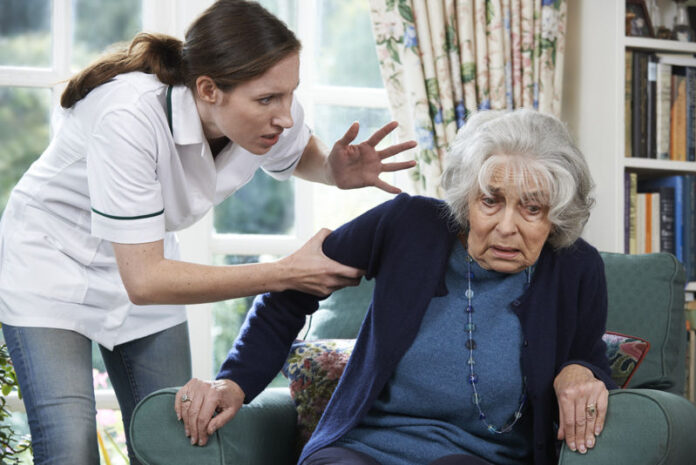When you entrust the care of a loved one to a dedicated facility, then you might expect them to receive a certain standard of care. Unfortunately, this standard is not always met. In some cases, this can amount to negligence.
The discovery that your loved one has been on the receiving end of substandard treatment can be extremely upsetting. Making matters more difficult is the possibility that negligence might go undiscovered for a long time before it’s spotted.
In some cases, sadly, abusive conduct can run rife in a care home – because the vulnerable residents lack the power to identify the wrongdoer. Abuse can take many forms, including sexual, physical, and psychological.
But wrongdoing doesn’t have to be abusive to be negligent. If a caregiver isn’t providing a patient with the right medicines, or food, or if patients are being left with soiled clothes, then the chances are strong that neglect is taking place, and that a medical negligence claim is warranted.
What constitutes neglect?
Negligence comes in many forms, as we’ve just mentioned. But legally speaking, they all share a common feature, and that’s that the standard of care falls below what would have been provided by a competent member of the profession. If you intend to take legal action, then your case will rest on this being demonstrated. A specialist negligence solicitor will have the means to call upon the expert witnesses you need to give your case the best chance of success.
In the context of a caregiver, the requirements are more stringent than they might be for anyone else. For example, if your loved one needs to go to the toilet, and the caregiver doesn’t offer them assistance, then this might amount to negligence.
What should I do if I suspect neglect?
If the victim has not said anything, then it’s impossible to take corrective action. In many cases, however, victims of neglect might be hesitant to talk about the subject. They might be embarrassed by their lack of power in the situation, or they might suspect that there will be repercussions from the perpetrator if they decide to speak up.
If you would like to draw the truth out of your loved one, then the best approach is to be quiet. Don’t promise that you won’t tell anyone – because taking action will require that you tell someone. Don’t become upset by what you hear – at least not visibly, as this might prevent a full explanation from coming.







